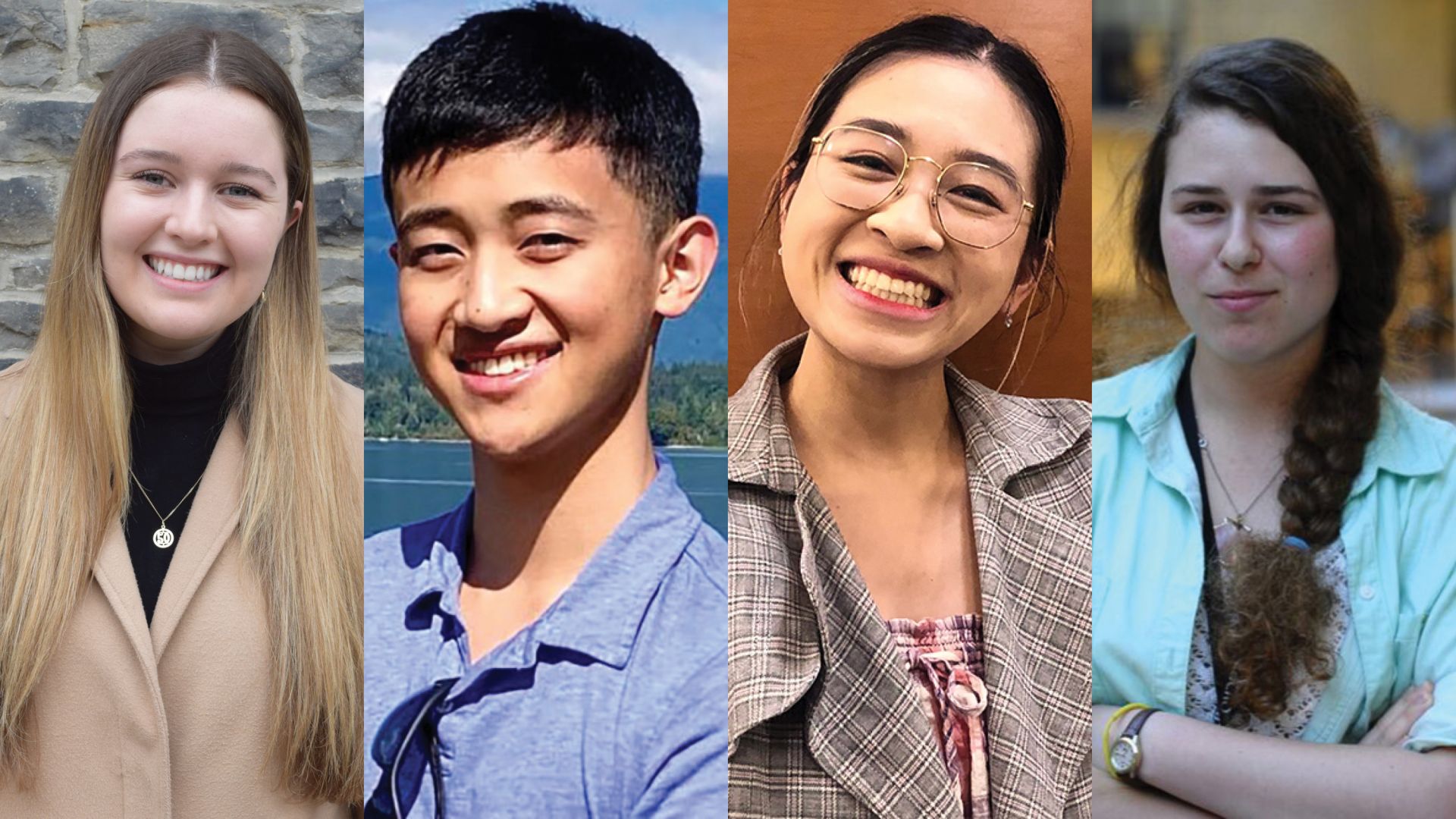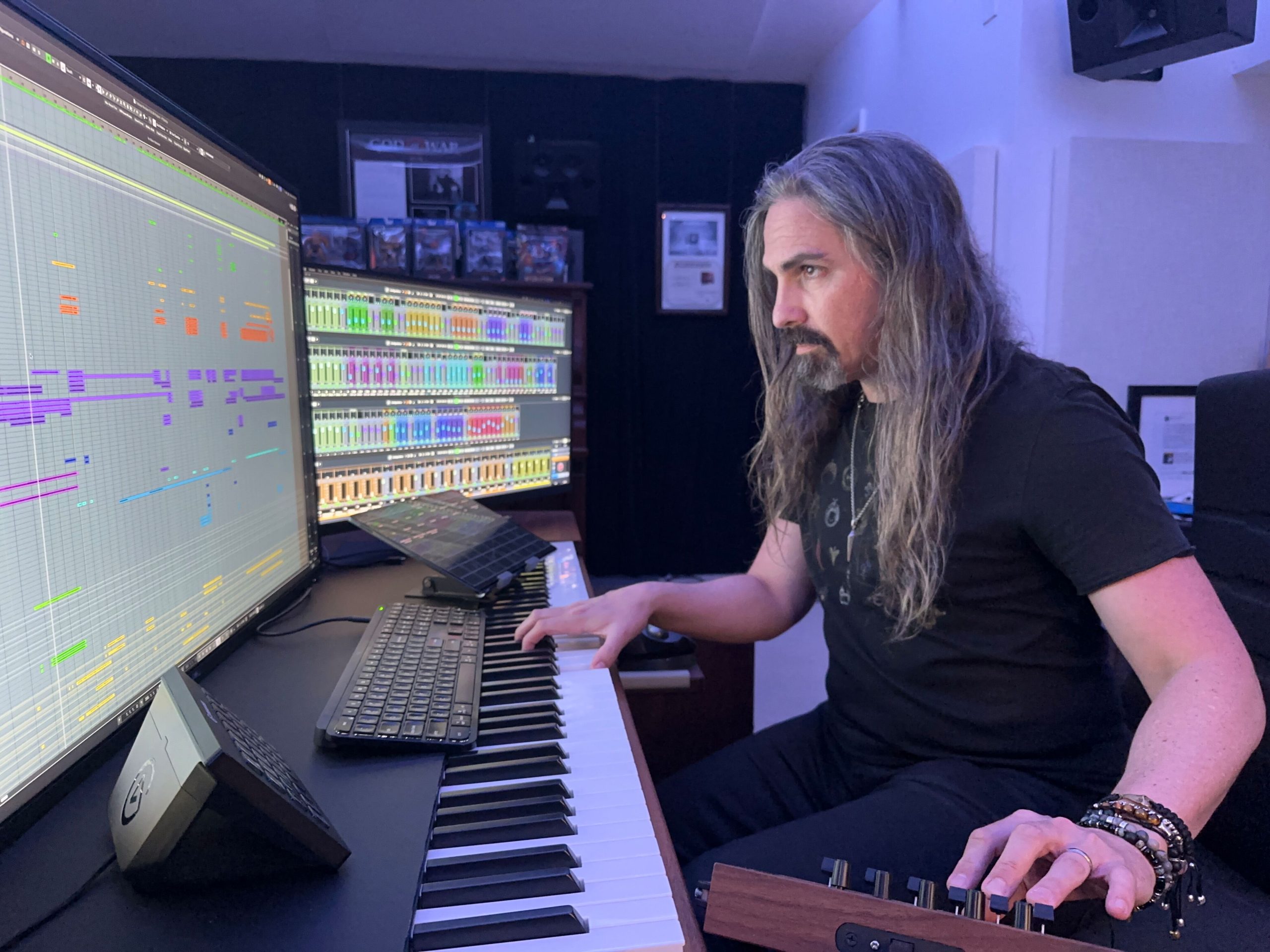How Music-Based Volunteering Opportunities Enrich Personal Growth and Community Impact

The Transformative Role of Music in Community Service
In recent years, music-based volunteering has emerged as a powerful force for both personal development and community enhancement. The act of engaging with music goes beyond mere entertainment; it fosters individual growth while simultaneously strengthening social bonds within the community. Music acts as a universal language, resonating with individuals across diverse backgrounds and cultures, allowing for a shared experience that can uplift spirits and create connections.
Participating in music-related volunteer activities can lead to a range of enriching experiences that benefit both the individual and the community. For instance:
- Skill Development: Many volunteer programs offer opportunities to learn new instruments or improve existing musical talents. For example, programs like Musicians On Call provide opportunities for volunteers to perform in hospitals, allowing them to enhance their musicianship while sharing their craft with patients and staff.
- Networking Opportunities: Volunteering in music-oriented projects connects individuals with like-minded peers and organizations. Events like local music festivals often require volunteers for setup and organization, providing a rich network of contacts in the arts and nonprofit sectors.
- Emotional Well-being: Various studies indicate that music can serve as a powerful therapeutic tool, improving mental health and emotional resilience. Volunteer-based initiatives, like those offered by the Songwriting With Soldiers program, use songwriting to help veterans process their experiences, highlighting the profound healing power of music.
Across the United States, numerous organizations are actively promoting music as a means to address community needs. Initiatives range from hosting concerts in nursing homes and hospitals to teaching music in underserved schools, exemplified by programs like Little Kids Rock. These efforts harness music’s universal appeal to foster a sense of belonging and purpose among participants.
The intersection of personal and philanthropic pursuits showcased through music-based volunteering highlights a burgeoning trend—one that emphasizes creativity’s vital role in community service. As more individuals seek avenues to contribute to society, utilizing music as a medium for service provides a unique and impactful approach.
Exploring this subject further reveals that the benefits of music-based volunteering extend beyond those served. Volunteers often find themselves enriched by the experience, gaining new insights and appreciations for the diverse experiences found within their communities. Embracing the transformative power of music can act as a catalyst for both personal growth and community impact, fostering a more interconnected and compassionate society.
DIVE DEEPER: Click here to discover more about artistic expressions
Unlocking Potential Through Music-Infused Service
Music-based volunteering offers a unique blend of opportunities that foster personal growth while making a significant impact on communities. By participating in these programs, individuals not only become a part of something greater than themselves but also embark on a journey of self-discovery and skill enhancement. This dual benefit is a hallmark of music’s transformative power.
One of the key elements of music volunteering is the skill development it provides. For many, the prospect of learning a new instrument or honing existing musical talents can be both exciting and rewarding. Organizations like Music for All provide various workshops and community events where volunteers can engage in music education, whether by teaching younger students or collaborating with fellow musicians. This hands-on approach not only refines technical abilities but also instills a sense of accomplishment and enthusiasm for learning.
Furthermore, volunteering in music-based settings often opens the door to networking opportunities. Engaging with local music organizations, participating in concerts, or assisting with event planning fosters connections with a diverse group of individuals in the arts community. These relationships can lead to collaboration on future projects or even new career paths in fields related to music, arts administration, or community outreach. Aspiring musicians and volunteers alike find that the bonds formed in these creative spaces can lead to lasting friendships and professional alliances.
In addition to skill enhancement and networking, the emotional benefits of music-based volunteering cannot be overlooked. Studies show that engaging in musical activities can significantly improve emotional well-being and cognitive functioning. For instance, programs like Notes for Note bring music therapy into local shelters, offering a therapeutic outlet for those facing challenges. By sharing their musical talents, volunteers not only uplift the spirits of those they serve but also experience a profound sense of purpose and fulfillment themselves.
- Community Engagement: Volunteer opportunities in local music events or charity concerts ensure that music is accessible to various demographics, promoting cultural exchange and appreciation.
- Empathy Building: Working with diverse groups fosters understanding and empathy, enriching volunteers’ personal perspectives and enhancing their emotional intelligence.
- Creative Expression: Volunteering provides a platform for creative individuals to express themselves, leading to increased confidence and artistic exploration.
As these examples illustrate, the benefits of music-based volunteering are multifaceted. Individuals participating in music-infused community service aren’t just giving back; they are also on a path toward personal enlightenment and growth. By embracing these opportunities, volunteers contribute to a thriving, vibrant community while simultaneously nurturing their journey toward self-improvement.
| Advantages | Impact on Self and Society |
|---|---|
| Skill Development | Volunteering in music projects enhances musical skills and fosters creativity. |
| Community Cohesion | It builds networks, connecting diverse groups through shared musical experiences. |
| Boosting Confidence | Participating in performances and collaborations raises self-esteem. |
| Cultural Awareness | Music-based volunteering introduces various cultural expressions, enriching perspectives. |
As individuals engage in music-based volunteering opportunities, they typically undergo significant personal growth alongside their community impact. Skill development is paramount; participants often find themselves honing musical talents, whether learning an instrument or improving vocal abilities. This enhancement not only enriches personal skills but also opens up future opportunities in the music industry or related fields. Additionally, volunteering fosters a sense of community cohesion. By connecting people from different backgrounds through shared musical activities, relationships grow stronger, creating a more inclusive environment. Participants report increased confidence through collaboration and performance, as they contribute to a greater cause while gaining recognition for their abilities. Moreover, music promotes cultural awareness, exposing volunteers to diverse musical traditions and practices, inherently broadening their worldviews. These experiences culminate in a profound understanding of music’s vital role in community building and social integration, inviting more individuals to explore the enriching possibilities of music-based volunteering.
DISCOVER MORE: Click here for innovative craft techniques
The Ripple Effect of Music in Community Service
Music-based volunteering extends far beyond personal skill enhancement; it creates a ripple effect of community engagement that can inspire action and transformation. When volunteers dedicate their time and skills to music initiatives, they not only enrich their lives but also sow the seeds for cultural revitalization and change within their communities. This synergy between personal growth and community enrichment is particularly evident in various music programs across the United States.
A prime example is the Little Kids Rock program, which aims to ensure that children in under-resourced schools have access to contemporary musical instruments and education. Volunteers who work with this program often witness firsthand the impact of music on young lives. Not only do they help children express themselves creatively, but they also see improvements in students’ self-esteem and academic performance. Studies indicate that children engaged in music education show higher proficiency in mathematics and reading, showcasing that music can indeed be a transformative educational tool.
Strengthening Community Bonds
Moreover, music-based volunteering can forge strong community bonds. Volunteer-run events, such as communal concerts or music festivals, not only entertain but also unite diverse groups within a community. These events create platforms for local artists, bringing visibility to regional talent and cultural expressions. For instance, events like Music in the Park, organized by local nonprofits, provide families with a space to enjoy live music while fostering a sense of belonging. Such initiatives build trust among community members, helping people to connect over shared experiences, stories, and musical tastes.
Beyond face-to-face interactions, these musical collaborations can have a wider influence within the community by promoting social justice and advocacy. Initiatives like Playing for Change leverage the art of music to raise awareness on crucial social issues ranging from mental health to equity in education. Volunteers participating in these initiatives not only elevate their understanding of societal challenges but also drive constructive dialogue, leveraging the universal language of music to engage and inspire action.
Building a Legacy of Inclusion
Furthermore, music-based volunteering serves as a powerful tool for building an inclusive legacy. Programs that focus on marginalized groups, such as veterans or individuals with disabilities, can facilitate healing and connection through music. Volunteering with organizations like Guitars for Vets allows musicians to help veterans process their experiences and emotions while delving into the healing capabilities of music. This not only promotes emotional recovery for the veterans but also deepens the volunteers’ understanding of resilience and empathy.
The pandemic has only heightened the need for such community-oriented programs. Many organizations have pivoted to virtual music sessions, ensuring inclusivity despite social distancing measures. By continuing to engage audiences and connect through music, these programs have upheld the spirit of community involvement and cultural enrichment in challenging times, demonstrating the enduring power of music to unite.
- Enhancing Cultural Diversity: Music-based volunteering embraces various genres and traditions, promoting an appreciation for cultural differences and fostering community cohesion.
- Empowering Youth: Programs involving at-risk youth not only provide artistic outlets but can also deter negative behavior by instilling a sense of responsibility and purpose in younger generations.
- Increasing Access to Music: Ensuring that all community members, regardless of socioeconomic status, have access to music education and resources cultivates a richer artistic environment.
Through these various lenses, it becomes clear that music-based volunteering is a powerful catalyst for personal growth and community impact. Volunteers are not just passive participants; they are active agents of change, shaping a more harmonious society while also embarking on a rewarding journey of self-exploration and connection.
DISCOVER MORE: Click here to uncover delicious local recipes
Conclusion: The Harmonious Interplay of Growth and Community Engagement
In conclusion, music-based volunteering emerges as a vital pathway for enhancing both personal development and community well-being. By engaging in meaningful musical initiatives, volunteers are not merely sharing their talents; they are creating a profound impact that resonates within their communities. As individuals invest their time and skills, they cultivate personal attributes such as empathy, resilience, and creativity while fostering a collective cultural identity that can unite people from diverse backgrounds.
The transformative power of music serves not only as a tool for expression but also as a bridge for understanding. Whether through programs that support underprivileged youth, initiatives aimed at healing veterans, or communal events that celebrate local talent, every effort contributes to a more inclusive and enriched environment. Furthermore, with the rise of virtual platforms, the accessibility of these opportunities has broadened, ensuring that the arts remain a crucial part of community life, even in challenging times.
As we reflect on the myriad ways music touches lives, it becomes increasingly clear that engaging in music-based volunteering is a reciprocal journey—one that nourishes both the individual and the community. For those seeking a fulfilling means of giving back, embracing the world of music volunteering generally leads not just to community upliftment, but also to a deeper understanding of oneself and a commitment to advocating for social change. The call to action is to explore these opportunities and witness firsthand the extraordinary echoes of growth and impact that music can bring.


